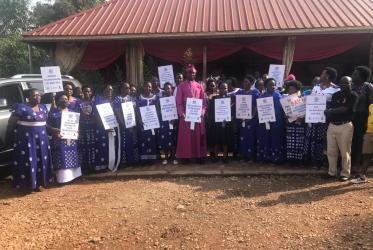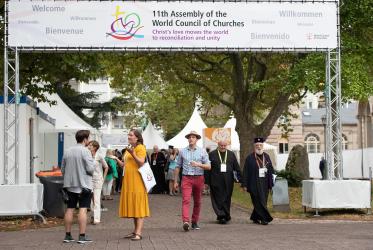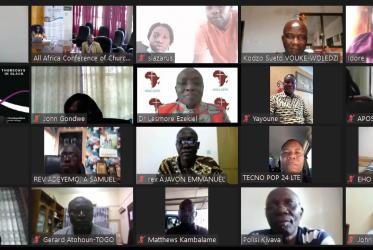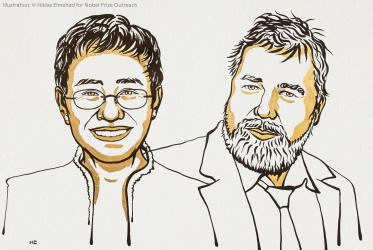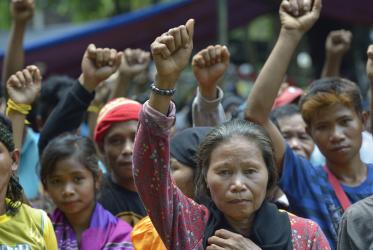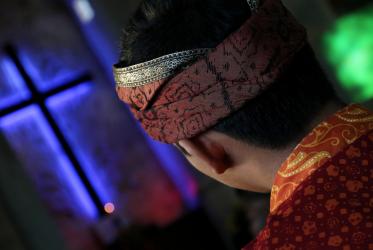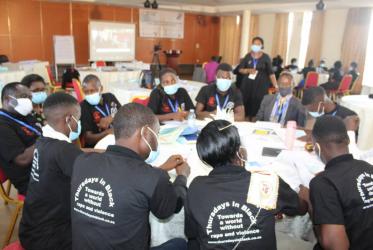Displaying 1 - 20 of 104
WCC condemns Uganda school attack
19 June 2023
WCC condemns bombings in Uganda, calls for justice
18 November 2021
WCC mourns passing of Rev. Dr Jose Pepito Manansala Cunanan
18 October 2021
WCC congratulates 2021 Nobel Peace Prize laureates
14 October 2021



